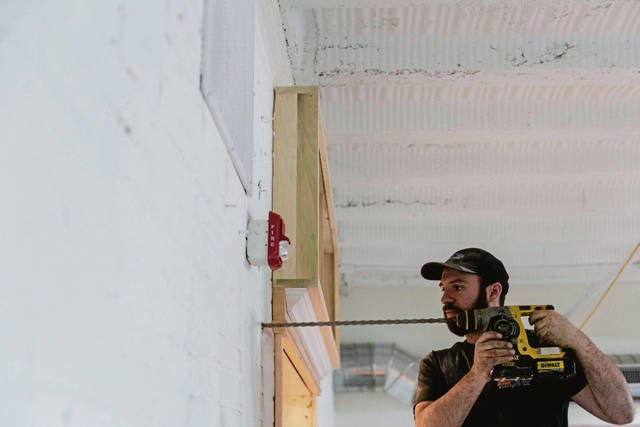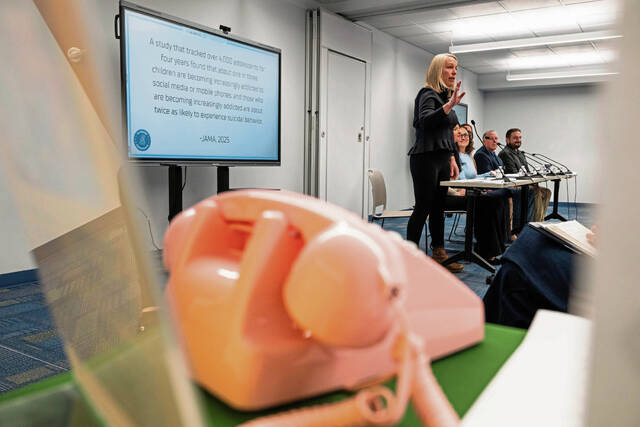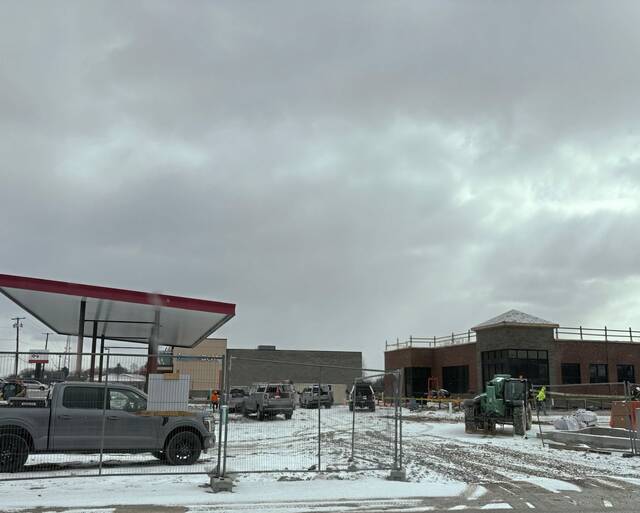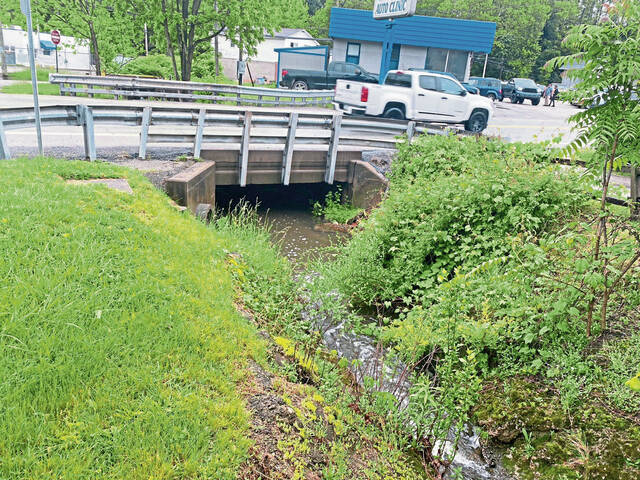Regulations governing construction and development in Greensburg are riddled with red tape, unnecessary complexity, redundancies and contradictions, according to a new city-commissioned report.
The planning department wants to change that as soon as possible, planning director Jeff Raykes said.
Greensburg hired planning consultant Denny Puko, who wrote a 25-page report on the city’s code and regulations. It listed 11 suggested changes that would make life easier for developers.
“These aren’t big projects. These are the little things; these are the quick wins,” Raykes said.
The first suggestion is simplifying the process for zoning permits. The city zoning ordinance lists eight types of permits. Not every project needs every permit — for example, a restaurant wouldn’t need a student home permit — but the process is confusing for developers, the report said.
It suggests creating one unified zoning permit, with subsections for special uses.
It also suggests a major overhaul of the city planning website to make it easier for people to find the information they need.
That’s an important step, said George O’Brien, whose company, Progressive Property Investments, owns several Greensburg rental properties.
“We need to systematize things a little bit better, put things up electronically so that people can complete them electronically, also have a resource person available to answer some questions,” he said.
Clear guidance could make it easier for people to accept city regulations, Greensburg architect Lee Calisti said.
“People just want to know how to get there,” he said. “I don’t think people mind regulation as much as they are bothered by not knowing how to get there, and not having a uniform, simple method for everyone to follow.”
However, Calisti said he is skeptical of change for change’s sake. He’s not a fan of some of the changes the planning department has already made — such as abolishing the Historic and Architectural Review Board, which used to review many proposed projects and on which he sat.
“I want the process to be better, not different,” he said.
The city’s goal, Raykes said, is to “say yes” more often, and more easily, to responsible development.
“We want folks to invest; we want folks to live here,” he said.
That will involve getting rid of many rules that have long stymied property owners.
The city requires permit applicants to submit a survey of their property prepared by a local surveyor. This, according to the report, is unusual. Most municipalities don’t require this for most projects, and Greensburg could do without it, the report said.
The city also requires developers to pay a compliance bond, which costs three times the cost of a project’s permit fee. The city returns the money to developers when a project is finished — or keeps it if a project isn’t built up to code. This also is unusual, and unnecessary, according to the report.
Suzanne Ward, co-owner of City Cribs LLC, said her company paid $18,000 for a bond and $10,000 in permits before it began renovating a building on South Pennsylvania Avenue.
She said the regulatory barriers have been frustrating but the city is moving in the right direction.
“I’m glad things have been turning around,” she said. “I haven’t had any problems with the city in the past year.”
Greensburg has four special overlay districts, which add extra regulations on top of basic zoning rules. Two of these — the downtown and historic districts — mostly overlap. The report suggests eliminating one of them.
The report suggests reducing the role of the city planning commission, eliminating the need for many small or routine projects to go before the commission before seeking final approval.
Some of these changes are in the works, Raykes said. His office is already working on creating a streamlined permit application and better organizing material on the website. Others might be further down the road. Greensburg is preparing to create a new strategic plan.
“Ours is 14 years old,” Raykes said. “Nobody reads it, nobody pays attention to it, and it just doesn’t match how the community has evolved over time.”
The planning process will likely be a long one, but it will give the city a chance to review its ordinances in depth, he said.











